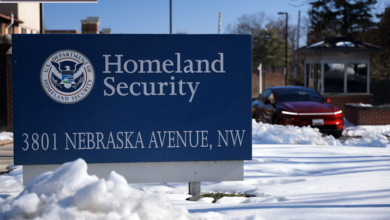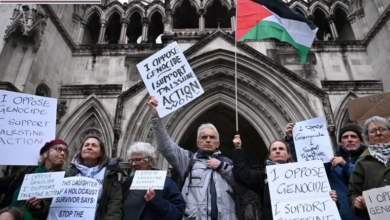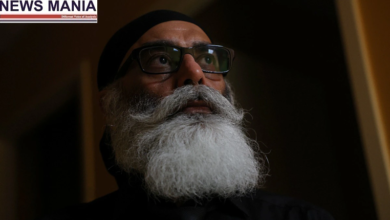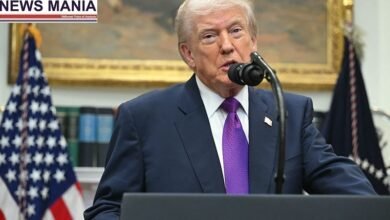Boeing Whistleblower’s Death Raises Concerns Over Safety Culture
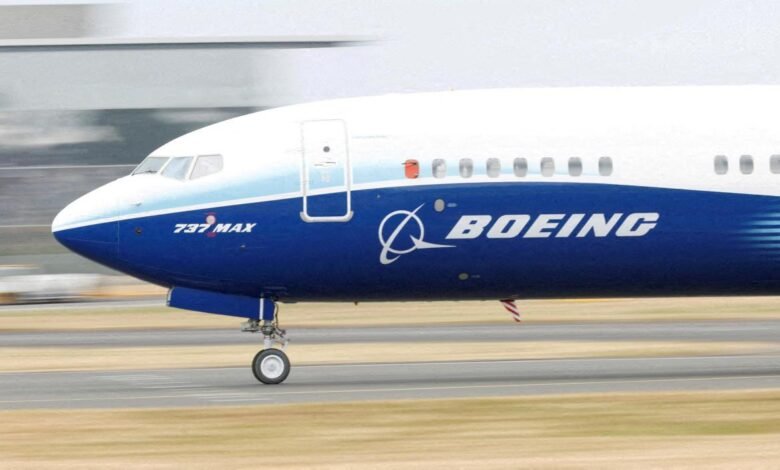
Joshua Dean, a whistleblower who exposed manufacturing defects in Boeing’s 737 Max planes, has tragically passed away after a brief illness, becoming the second Boeing whistleblower to die this year.
Dean, formerly a quality auditor at Boeing supplier Spirit AeroSystems, raised concerns about “serious and gross misconduct” in the production of the 737 line. His complaint to the Federal Aviation Administration (FAA) highlighted lapses in senior quality management.
The timing of Dean’s disclosures coincided with the aftermath of two fatal crashes involving 737 Max planes in 2018 and 2019, claiming the lives of 346 individuals. Despite his efforts to raise safety concerns, Dean was terminated by Spirit last year, prompting him to file a retaliation complaint with the Department of Labor.
Dean’s health deteriorated rapidly after experiencing breathing difficulties, leading to hospitalization. Despite medical intervention, he succumbed to pneumonia and a severe infection two weeks later, leaving behind grieving loved ones, including his aunt, Carol Dean Parsons, who expressed her sorrow on Facebook.
Dean’s legal representation by the same firm that advocated for another Boeing whistleblower, John “Mitch” Barnett, underscores the shared challenges faced by individuals who speak out against corporate malpractice. Barnett, a Boeing veteran, was found dead earlier this year in what appeared to be a tragic suicide.
Barnett’s revelations about manufacturing flaws in Boeing’s flight controls underscored systemic issues within the company. He had identified hazardous metal slivers near wiring that posed a significant risk of catastrophic damage, allegations that management allegedly ignored, leading to his reassignment within the company.
The deaths of Dean and Barnett cast a spotlight on the precarious position of whistleblowers within Boeing. Sam Salehpour, another whistleblower, testified before Congress, highlighting the absence of a safety culture at Boeing and the punitive measures faced by employees who raised concerns.
Salehpour’s testimony revealed a culture of intimidation and marginalization towards dissenting voices within Boeing, with some whistleblowers fearing physical violence after speaking out.
In the wake of ongoing safety concerns, US regulators have launched investigations into Boeing’s practices, prompted by incidents such as a mid-air door-panel blowout on a Boeing 737 Max 9 earlier this year. Additionally, the Department of Justice is reportedly considering whether Boeing breached its agreement, which shielded the company from criminal prosecution following the fatal crashes in 2018 and 2019.
The deaths of whistleblowers like Joshua Dean and John Barnett serve as tragic reminders of the challenges faced by individuals striving to uphold safety standards within corporations. Their courage in speaking out against corporate negligence highlights the critical importance of fostering a culture of accountability and transparency to prevent future tragedies in the aviation industry.



